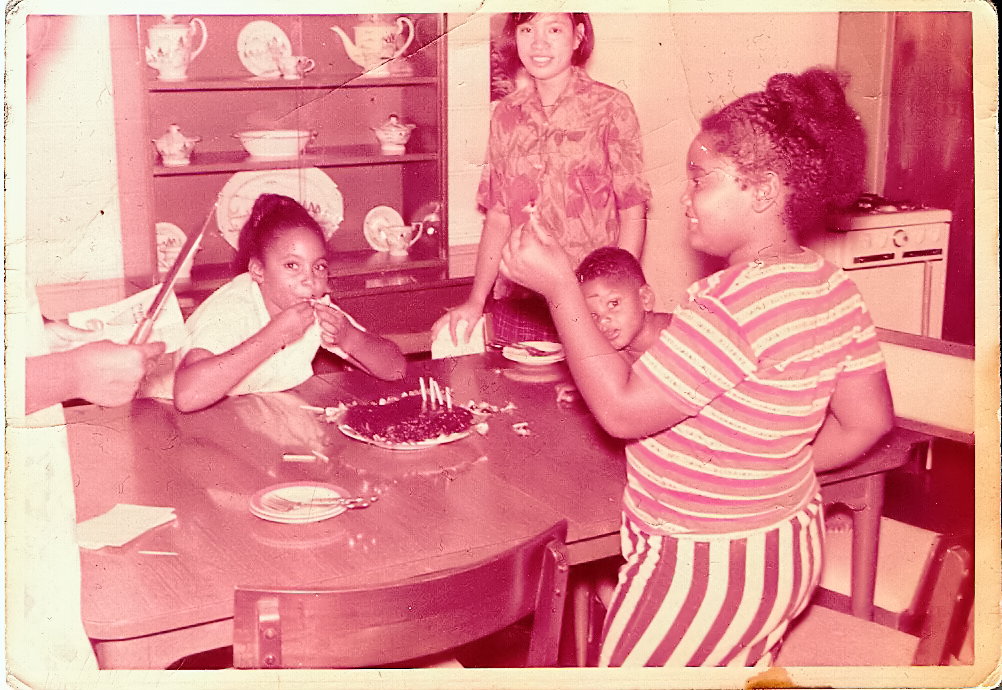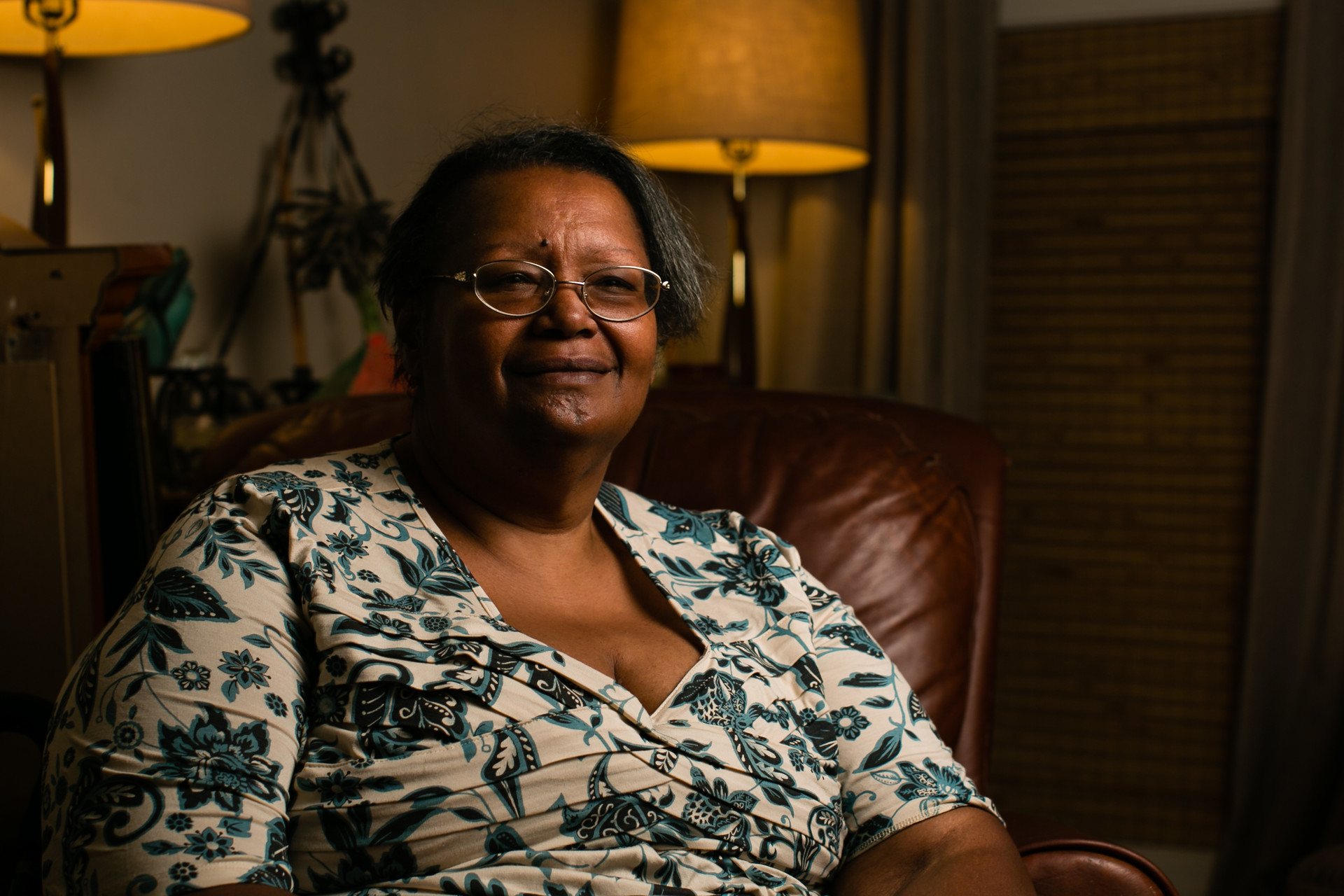This story is part of a series called "Faces of the Vietnam War." KQED recently asked our audience to submit their stories about the Vietnam War. We heard from refugees, military veterans, journalists, activists and more. This story comes from Sacramento resident Angela Shortt, 59, whose father served in the U.S. Air Force during the war.
As an Air Force Base brat whose parents served during the Korean War and whose father served during the Vietnam War, my views of war, life and death were formed by what I experienced as a child. My family, which was my mother, father, sister, brother and I, were stationed at Clark Air Force Base, Luzon, the Philippines, from 1966-1968.
During the Vietnam War, I was the oldest daughter of Master Sgt. Richard Shortt, who was a loadmaster flying missions over Vietnam. His job was to load ammunition, food and personnel, and usually they were dropping into active firefights. They had to drop live ammunition, because the guys on the ground didn't have enough time to be opening up boxes and loading things.

My dad did get shot once as they were dropping the ammunition — a bullet grazed his head. He didn't even feel it. It went right past his temple and caught his hair on fire, but he kept working. The flight engineer -- or navigator -- jumped down with a towel and was patting his hair. My father said he cussed him out: “What are you doing? I got to do my job!” And the flight engineer replied: "Shortt! Your hair is on fire!" My dad didn't tell us he was injured. We didn't know something had happened to him until he got a Bronze Medal.
As a loadmaster on the C-131s, my dad brought food and supplies in, and the wounded and dead out. We saw the latter whenever we went to pick him up from the flight line, which was located very close to the Military Airlift Command (MAC) headquarters. I will never forget that.


